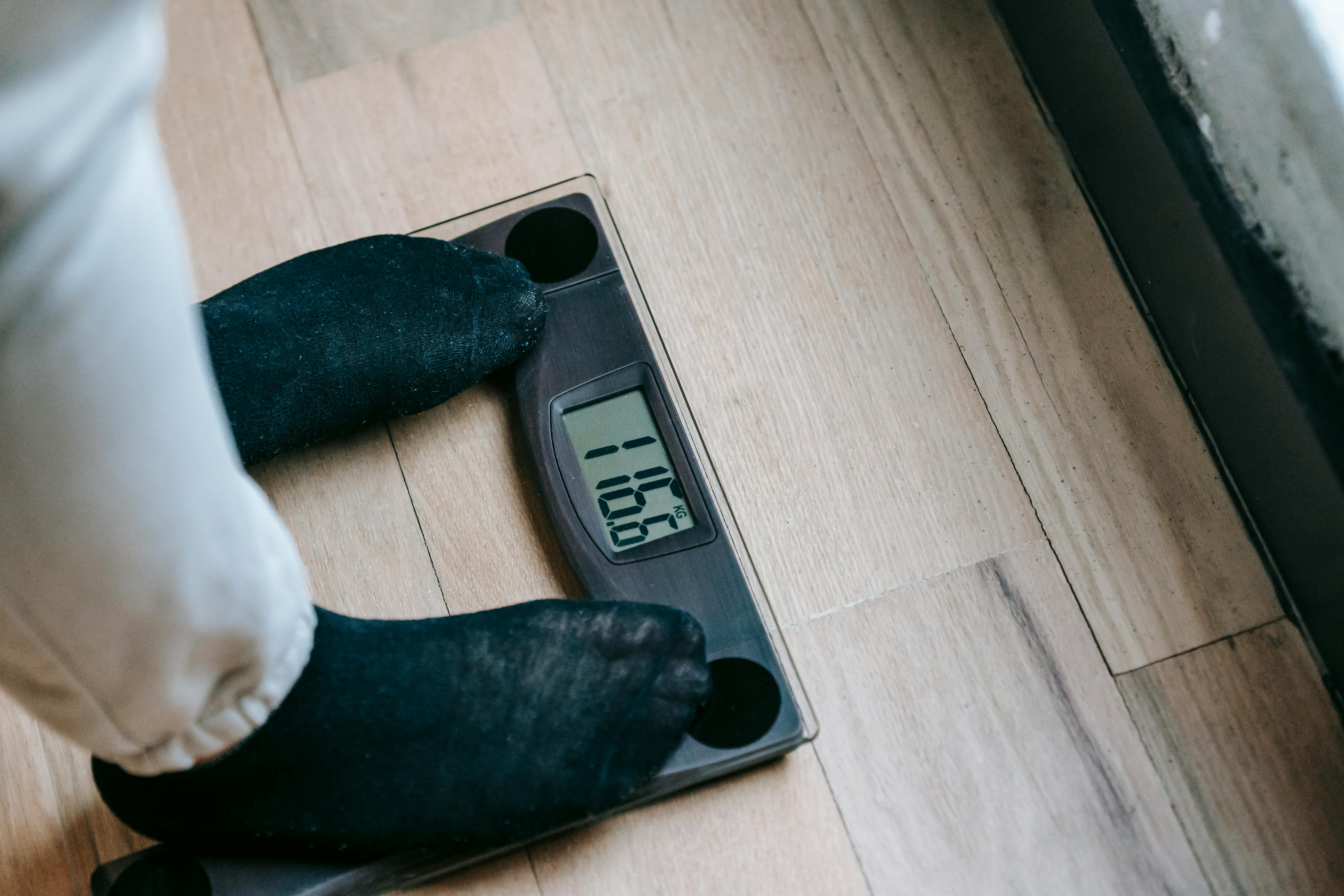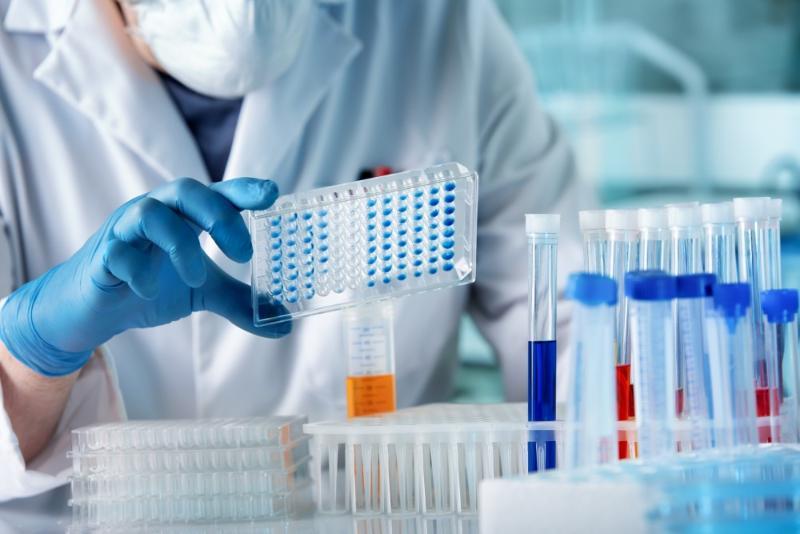
Nutrient discovery delivers low-cost, drug-free treatment for obesity
Visit project websiteNutrient discovery delivers low-cost, drug-free treatment for obesity
At a glance
- Obesity is a growing and life-threatening health epidemic: 1 in 8 adults live with the condition globally.
- Existing pharmaceutical treatments for obesity carry unpleasant side-effects, including nausea, and their high price can make them difficult to access.
- Queen Mary University of London research discovered that certain nutrients make us feel full and eat less food because they trigger the release of two appetite-suppressing hormones.
- A Queen Mary spinout, elcella, has developed a “world-first” safe, low-cost food supplement that contains a unique blend of these nutrients, increases levels of the two hormones and reduces calorie intake.
- The product also shows potential for insulin control, paving the way for new ways to treat type 2 diabetes.
Problems with obesity treatments
Globally, 1 in 8 people live with obesity. Adult obesity has more than doubled since 1990 (WHO, 2024). Obesity increases the risk of conditions including type 2 diabetes, heart disease and certain cancers.
Pharmaceutical treatments to suppress appetite are available. However, these often cause unpleasant side effects, including nausea, vomiting and diarrhoea. They are administered by injection and private providers sell them at a high price.
Dr Madusha Peiris (Faculty of Medicine and Dentistry), together with Professor L Ashley Blackshaw (now retired), has led a body of neuroscience research since 2012 exploring the molecular interactions between food and the digestive system.
Her group’s discoveries have led to the world’s first appetite-suppressing nutraceutical. The capsule promises to help patients suppress their appetite so they can reach a healthy weight at low cost, with no known side effects.
The discovery led to elcella, a Queen Mary spinout set up through Queen Mary Innovation to take the product to market.

Research
Research by Dr Madusha Peiris and colleagues identified specific nutrients that cause cells in the lower gut (colon) to release high levels of two powerful appetite-reducing hormones, PYY and GLP-1. These hormones trigger a psychological response that makes people feel full.
The researchers made their initial findings through experiments on human gut tissue, a unique method that gave them more confidence than other approaches, such as tests on mice or isolated human cells.
The team harnessed these results to develop an appetite-suppressing capsule that supports weight loss. Three clinical trials prove it reduces appetite and calorie intake.

Laboratory research space in the Blizard Building of the Faculty of Medicine and Dentistry
Safer, evidence-based weight-loss support
The new treatment is safer than pharmaceutical treatments, and effective at reducing appetite.
Three clinical trials recorded no adverse side effects of the product.
The trials further revealed that obese patients who take the capsule twice-a-day reduce their calorie intake, on average, by 13% per meal, compared with patients who took a dummy pill.
The treatment’s all-natural ingredients, found in foods (broccoli, coconut oil and perilla oil), contribute to its safety. Drug-based treatments, such as semaglutide, are synthetic versions of GLP-1 that can trigger side effects. However, Peiris’s treatment helps the body release its own natural stores of GLP-1 and PYY, thereby reducing risks of side effects.
The product’s special coating bolsters its effectiveness. Normally, the body absorbs most dietary nutrients before they can reach the colon. However, the coating protects the nutrients, delivering them to the colon in high quantities where they trigger the release of appetite-suppressing hormones.
Commercial opportunities
The treatment holds significant commercial potential for businesses. Peiris received investment from Innovate UK, Queen Mary Innovation and Puffin Point.
Peiris’s spin-out company, elcella, is scheduled to launch the treatment in 2025. It will first sell the capsule directly to consumers through an e-commerce site.
She describes the product as “creating a new category of treatment strategy for obesity” and expects it to appeal to a high share of the market thanks to its:
- low cost
- proven safety profile and effects on appetite
- oral capsule administration
Its all-natural, vegan ingredients make it cheaper and easier to manufacture than pharmaceutical-based treatments. These cost savings could be passed on to the patient and increase its accessibility to lower-income groups.
Peiris sees two future partnership opportunities:
- Other retailers can sell the product.
- Weight-loss membership organisations can strengthen their offering to customers with the treatment.
The treatment’s patent further cements its competitive advantage. elcella will gather customer feedback on their weight-loss experiences to further define the product’s competitiveness.
New avenues for diabetes treatment
The nutrient capsule may offer an entirely new category of treatment for type 2 diabetes. It helps the body naturally release GLP-1, a hormone that is critical to controlling insulin.
As well as regulating insulin, this process reduces appetite to support weight loss – a key factor in controlling, and even reversing, type 2 diabetes.
Through further investment and trials, Peiris will establish the capsule’s potential as a regulated product to be prescribed by GPs to diabetes patients.
Key takeaways
- Nutraceuticals – food-derived compounds with clinical benefits - are an under-explored solution to the global obesity crisis, with fewer side-effects and faster approval pathways than synthetic pharmaceuticals.
- Obesity is increasingly a problem for low and middle income countries: around 70% of overweight people live in LMICs. elcella’s appetite suppressant is cheaper to manufacture than similar synthetic drugs.
- The global nutraceutical market will be worth an estimated USD675 million by 2027. elcella’s products are an example of a nutraceutical with a defined biological benefit based on proven and validated clinical trials.
